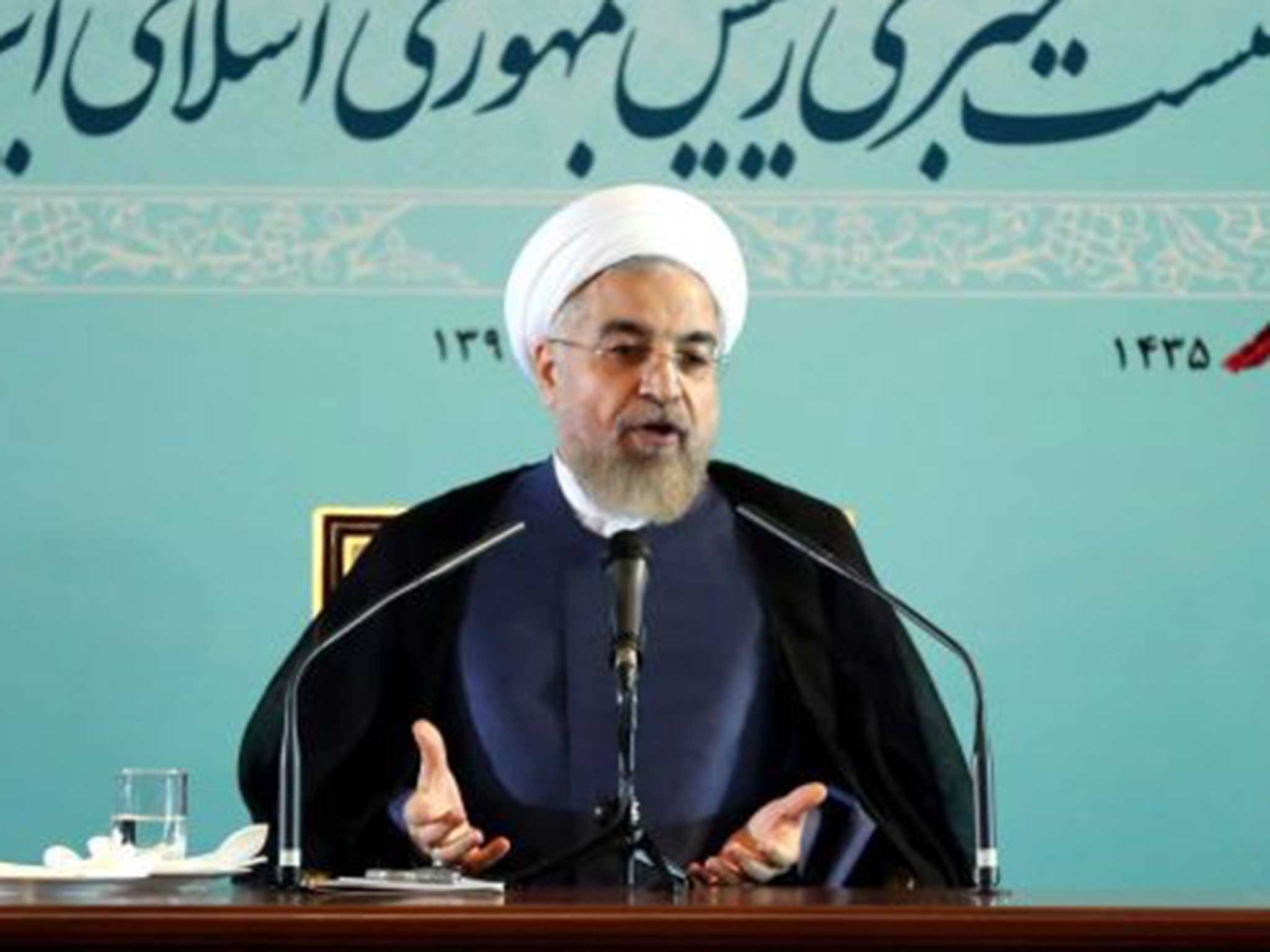Islamic State crisis: David Cameron to seek Arab help against militants
PM will use a UN meeting in New York to forge an alliance against the militants

Your support helps us to tell the story
From reproductive rights to climate change to Big Tech, The Independent is on the ground when the story is developing. Whether it's investigating the financials of Elon Musk's pro-Trump PAC or producing our latest documentary, 'The A Word', which shines a light on the American women fighting for reproductive rights, we know how important it is to parse out the facts from the messaging.
At such a critical moment in US history, we need reporters on the ground. Your donation allows us to keep sending journalists to speak to both sides of the story.
The Independent is trusted by Americans across the entire political spectrum. And unlike many other quality news outlets, we choose not to lock Americans out of our reporting and analysis with paywalls. We believe quality journalism should be available to everyone, paid for by those who can afford it.
Your support makes all the difference.David Cameron is preparing a diplomatic charm offensive to build widespread Arab support for Western military action against Islamic State (IS) in both Iraq and Syria.
The Prime Minister is due to travel to New York in the week after the Scottish referendum for a series of bilateral meeting with Arab leaders who are attending the annual United Nations General Assembly meeting.
The British Government sees the meeting as a key opportunity to build a wide alliance of support for action against IS ahead of military action which could begin in early October. The meetings could potentially even include a highly symbolic bilateral one with the Iranian President Hassan Rouhani, in a sign of the extraordinary realignment of political alliances brought about by the rise of IS. Meetings will almost certainly be held with countries including Saudi Arabia, United Arab Emirates and Qatar.
Senior government sources believe a slow, methodical approach to winning support for more extended action – that could potentially involve limited Western ground troops – is vital if the failures of previous interventions are not to be repeated.
At the same time, the Government will use a parliamentary debate on Wednesday to test the domestic political support for action. Ministers are increasingly confident that Labour will back their position even if it involves supporting American intervention in Syria. A Downing Street source played down the possibility of direct UK military involvement in Syria but suggested the UK would give clear political support, should the US decide to intervene militarily.
"Clearly we cannot take on IS in Iraq unless we have a plan to take them on in Syria as well," the source said. "But it is important to recognise this is a terrorist organisation and not a state, so the legal position regarding any action against it is very different."
While no further extended military action is expected until October at the earliest, that does not include any attempts that might be made to rescue the Western hostages being held by militants in Syria.
Intelligence and topographical experts are working intensively to try to ascertain where the hostages are being held. UK and US special forces are in range to launch a rescue operation at any time if it is deemed to have a realistic chance of success.
In a sign of the new approach, President Barack Obama said at the end of the Nato summit that the US and its allies were preparing to "take the fight" to IS, adding that the world couldn't merely "contain" the extremist militant group and must work to dismantle it. "We are going to achieve our goal," he said. "We are going to degrade and ultimately defeat [IS]."
Mr Obama's language was notably stronger than his comments last week when he suggested that the US goal would be to contain the threat. Mr Obama also highlighted the importance of building an international coalition to take on the group, saying his "expectation" is that efforts to secure the backing of Arab states in the region will prove fruitful.
"There's great conviction that we have to act, as part of the international community, to degrade and ultimately destroy [IS]," Mr Obama said.
Join our commenting forum
Join thought-provoking conversations, follow other Independent readers and see their replies
Comments